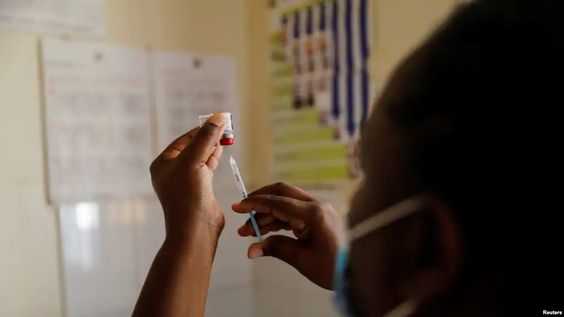Health
Kenya Finds Novel Malaria Spreader

Researchers in Kenya claim to have found an invasive mosquito that can transmit malaria in many climes, endangering efforts to combat the parasite disease. This week, Kenya’s Medical Research Institute asked the public to utilise mosquito nets and eliminate mosquito breeding grounds.
A novel malaria carrier that was initially identified in the area in Djibouti in 2012 has been found in Kenya.
The parasite that causes the most severe form of malaria, plasmodium vivax, is transmitted by the new carrier, the Anopheles stephensi mosquito.
The Kenya Medical Research Institute’s director of research is Bernhards Ogutu. He claims that after the mosquito appeared in Ethiopia and South Sudan, it was only a matter of time before it was found in the country.
“We haven’t been able to pick plasmodium vivax, which is widespread in Asia and Kenya. It is present in Ethiopia, and this vector can also spread it, according to Ogutu. “Therefore that will also look at if we might have plasmodium vivax in creating this new vector displaying in our place. Because it keeps lingering in the body and the liver, Vivax is more challenging to treat.
The World Health Organization estimates that malaria affects over 229 million people annually and claims the lives of over 400,000 people.
The mosquito-borne illness causes more than a quarter of a million children in Africa to perish each year, with over 10,000 of those deaths occurring in Kenya.
Ogutu raises concern for city dwellers, stating that the new carrier would profit from subpar environmental management practises.
“Therefore, the concern people have is that this can thrive in metropolitan places where the water is unclean and that it can spread. For the time being, we are going to monitor it to see how far it spreads and what effects it has, according to Ogutu.
At the town of Laisamis in Marsabit County, where the vector was found, Redentho Dabelen serves as a public official.
He claims that professionals are visiting communities to provide disease prevention knowledge to residents.
“To make them more aware of the threat of vector bites and to teach them self-prevention techniques. We’re trying to spray the houses, said Dabelen. “We are attempting to educate people about the disease through the community health volunteers, and if they become infected, they go to the hospital.”
The researchers advise the populace to continue using malaria prevention measures including using mosquito nets when sleeping and maintaining proper environmental management and sanitation.
The WHO approved a malaria vaccination for kids between the ages of five months and two years in 2021 because it has been shown to lower child fatalities.
